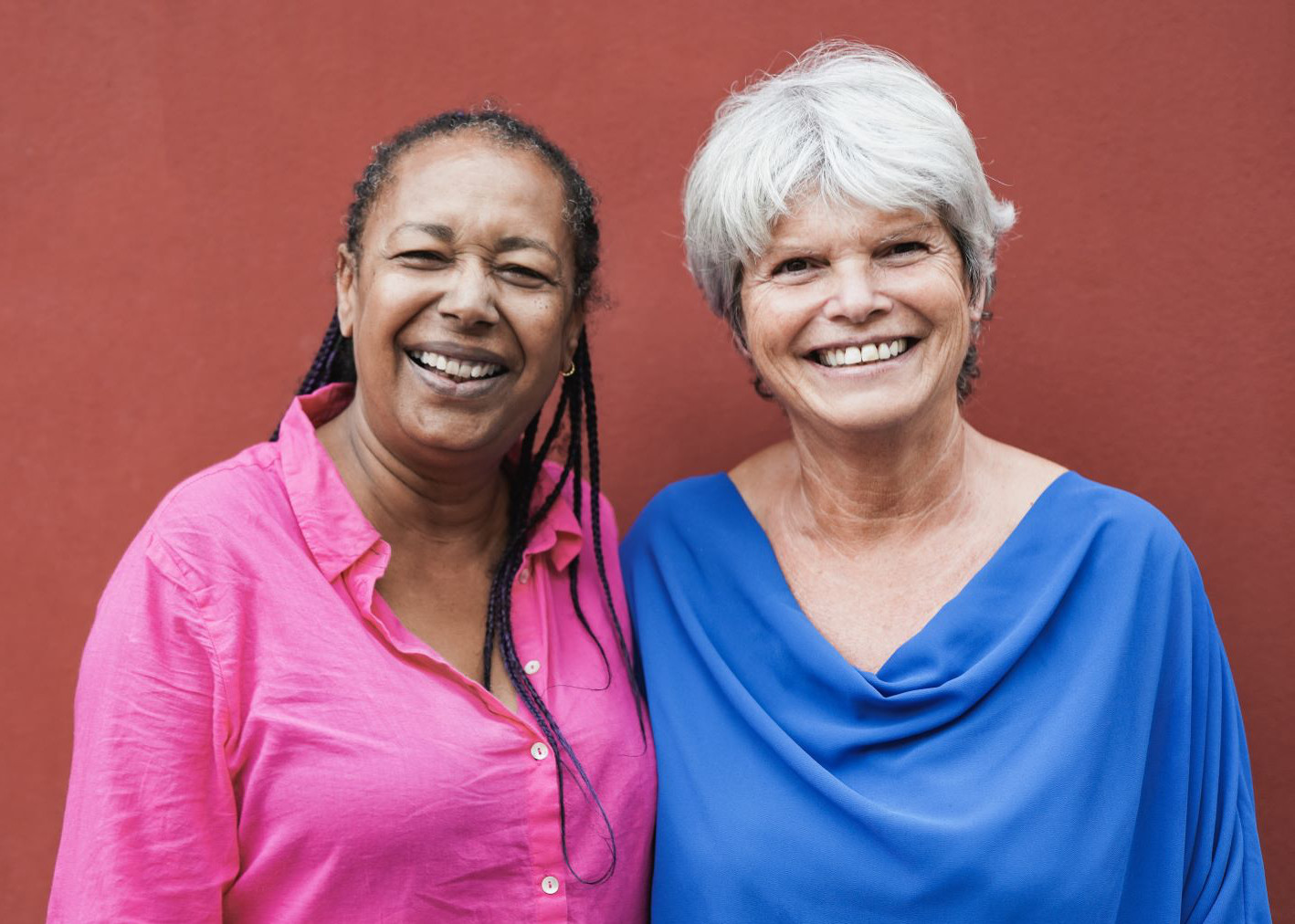What is Peer-to-Peer Support?
By Angela Lunde (Mayo Clinic)

What is peer-to-peer support?
Peer support happens when people who have similar experiences come together to support each other. These shared experiences serve as a foundation on which a relationship is formed. Peer-to-peer support focuses on the art of connecting with others, both in our joys and in our pains. Sometimes peer support turns into lasting friendships.
There can be comfort in knowing that someone else has been through the struggles you are experiencing. When people support one another on issues related to dementia caregiving (for example, by exchanging coping strategies) they can feel a sense of purpose while at the same time gaining support. In this way, caregivers are both giving and receiving. At times, one person might feel like they are giving or supporting their peer, and on another occasion, they might feel like they’re being supported by them. This is reciprocity – the sense of “doing peer support together.”
What peer-to-peer support is not
Peer support is not professional counseling or therapy and is not meant to take the place of professional help. Peer support complements but does not duplicate or replace help from a therapist, case manager, or other medical or mental health specialists.
Please talk with your doctor or other health care professional if you feel professional support is needed.